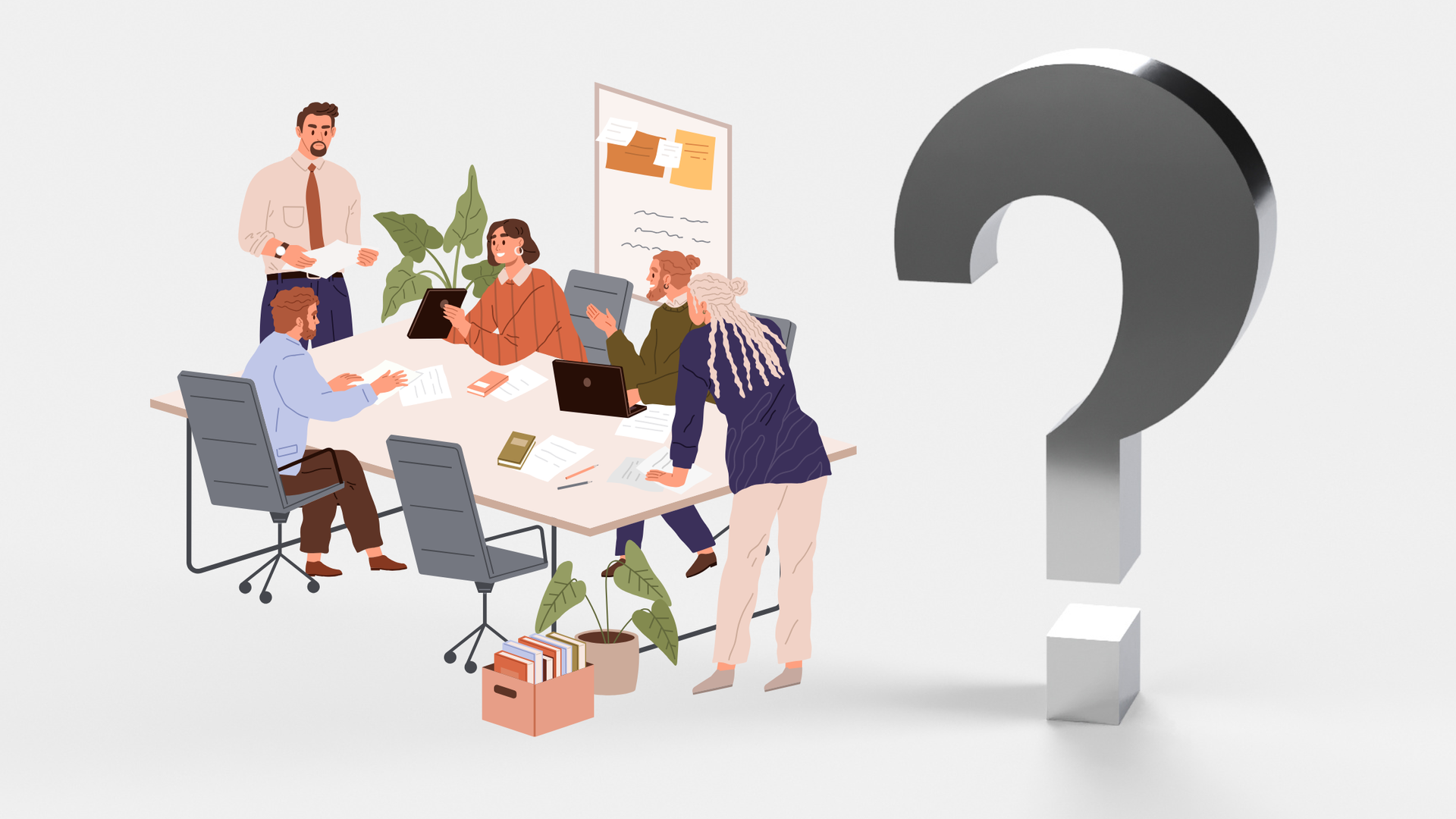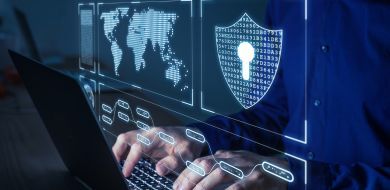10 Business Technologies to Streamline, Secure, and Support Growth
10 Business Technologies to Streamline, Secure, and Support Growth
Business technology should reduce stress—not add to it. For small and mid-sized businesses, especially those with limited internal IT support, the right tools can improve operations, reduce downtime, and support consistent growth.
At Digital Fire, we focus on technology that works. Not hype. Not complexity. Just systems that help keep your team productive and your business protected. Here are 10 categories of business technology that deserve attention from today’s business leaders.
AI & Machine Learning
AI and machine learning enable businesses to automate decision-making, process large data sets, and respond faster to customer or operational needs.
Common uses include chatbots, predictive analytics for sales and supply chains, smart document routing, and automated customer support. These tools help reduce manual oversight while improving response time and efficiency across departments.
Robotic Process Automation (RPA)
RPA allows businesses to automate repetitive, rule-based digital tasks without modifying existing systems.
Examples include processing invoices, generating reports, onboarding new employees, or transferring data between platforms. By reducing manual input, RPA helps minimize human error, improve turnaround time, and free up staff to focus on more valuable work.
RPA can be implemented quickly and managed externally, which makes it ideal for businesses with small teams or limited internal IT resources.
Internet of Things (IoT)
IoT refers to smart, connected devices that collect and transmit data in real time. In a business context, this might include asset trackers, equipment sensors, building automation systems, or temperature monitors.
These devices help provide real-time visibility into operations, reduce the risk of equipment failure, and support proactive maintenance strategies. They’re especially useful in industries like manufacturing, logistics, and facilities management.
Blockchain Technology
Blockchain offers a secure, transparent way to store and verify transactions, records, and contracts. It's valuable for industries that require auditability, data integrity, and traceability—such as supply chain, finance, or compliance-heavy environments.
Applications include secure contract signing, tamper-proof record storage, and automated verification of multi-party transactions. As adoption grows, blockchain is becoming a practical option for small and mid-sized businesses as well.
Explore
IT consulting services
to see where blockchain might fit in your business.
Advanced Cybersecurity Solutions
Cybersecurity is now a requirement—not a luxury. Today’s threats are more sophisticated and often target small businesses, assuming they’ll be less prepared.
Modern security strategies involve layered protection, including firewalls, endpoint detection, email filtering, multi-factor authentication, and regular backups. More advanced solutions include real-time monitoring and response tools.
Digital Fire provides
IT security that’s proactive, not reactive—reducing the risk of downtime, data loss, and costly breaches.
Augmented Reality (AR) & Virtual Reality (VR)
AR and VR are increasingly used in business settings for training, onboarding, remote support, and immersive product demonstrations.
These technologies offer a controlled, repeatable environment where staff can practice procedures, customers can explore products remotely, and teams can collaborate without being on-site. Implementation costs have decreased significantly, making these tools accessible to a broader range of companies.
5G Technology
5G brings high-speed, low-latency wireless connectivity to mobile and remote environments. For businesses with field teams, mobile equipment, or cloud-based systems, 5G supports faster uploads, real-time video conferencing, and more reliable communication.
5G is particularly useful for distributed teams and businesses looking to improve responsiveness across multiple locations or client sites.
Learn more about
cloud computing solutions that benefit from strong connectivity.
Digital Twins
Digital twins are virtual models of physical systems, used to simulate performance, test changes, and optimize workflows.
Businesses use digital twins to preview the impact of operational changes, assess capacity, or analyze maintenance needs without disrupting actual operations. This type of modeling helps reduce trial-and-error and supports better long-term decision-making.
Low-Code / No-Code Platforms
These platforms allow staff to create custom tools—like internal dashboards, form workflows, or approval systems—without advanced programming skills.
Low-code tools bridge the gap between business needs and
IT support. They allow faster implementation of solutions, especially in companies where IT teams are stretched or projects can’t wait for a full dev cycle.
Digital Fire helps configure and secure these platforms so they integrate seamlessly into existing systems.
Sustainable Technology
Business technology that reduces energy use and waste supports both cost savings and corporate responsibility. Examples include smart building controls, energy-efficient servers, and cloud infrastructure that reduces physical hardware requirements.
In addition to reducing operational costs, sustainable tech may qualify for local or federal rebates—and helps businesses meet environmental targets or customer expectations.
Learn more about our
business continuity services that support both performance and sustainability.
Business Technology That Works for You - Digital Transformation
There are thousands of tools out there, but only a few will actually benefit your team. The key is choosing systems that support the way your people work—without adding unnecessary complexity.
At Digital Fire, we help business owners create a clear IT plan and manage the day-to-day tech environment with minimal disruption. Our
managed IT services include planning, support, upgrades, security, and fast emergency response—all covered under one flat monthly fee.
If you’re thinking about improving your systems and Digital Transformation, reducing risk, or preparing for growth, start with the business technology that will make a real difference today.
Frequently Asked Questions
What is Digital Transformation?
Business technology refers to digital tools and systems that help improve operations, support staff, and manage core functions like data, security, and communication.
How can small businesses use AI or machine learning?
Small businesses use AI for customer insights, automation, fraud detection, and forecasting—without needing in-house developers or data scientists.
Is IoT only for large enterprises?
No. Small and mid-sized companies use IoT for inventory tracking, environmental monitoring, and predictive maintenance—all with affordable sensors.
What’s the easiest business technology to implement first?
Robotic Process Automation (RPA) or cloud-based tools are great starting points. They're fast to deploy and offer immediate time savings.
How do I get started with my Digital Transformation?
Start with a technology audit. At Digital Fire, we create a practical IT plan based on your current setup and business needs—then we manage it all under one flat monthly fee.
Recent Posts













